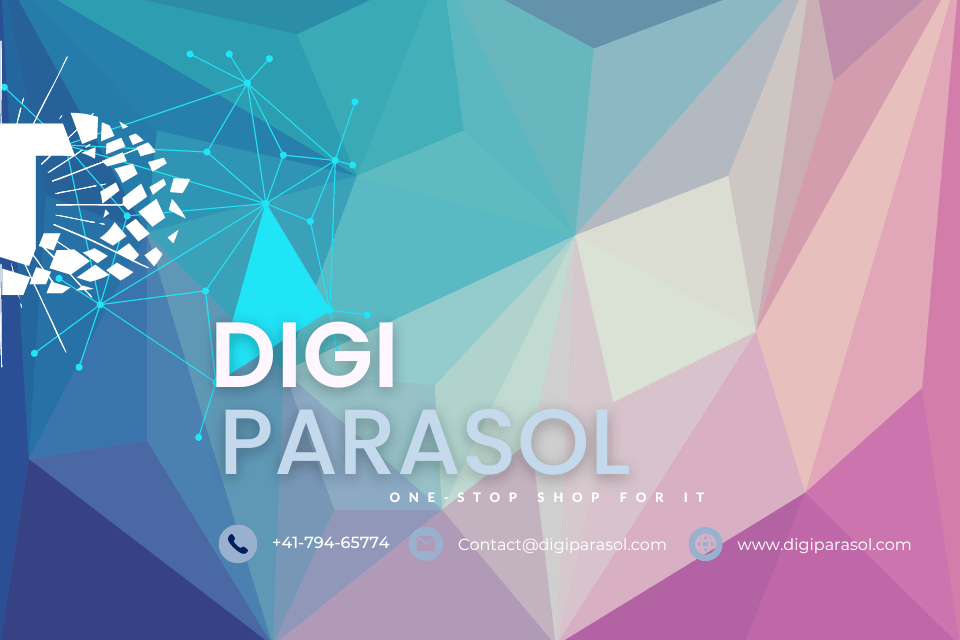AI in Recruitment: Innovations for 2024
Introduction
Artificial Intelligence (AI) has significantly transformed the recruitment industry in recent years. With the advancement of technology and the increasing reliance on automation, AI has become an integral part of the recruitment process for many organizations. In 2024, AI innovations in recruitment are set to revolutionize the way companies attract, assess, and hire talent. This article explores some of the key AI innovations that will shape the recruitment landscape in 2024.
1. AI-powered Candidate Screening
One of the most significant innovations in AI recruitment is the use of AI-powered candidate screening. This technology involves the use of algorithms to sift through vast amounts of resumes and identify the most suitable candidates for a particular job role. AI can analyze a candidate’s qualifications, skills, experience, and even personality traits to determine their fit for a role. This not only saves recruiters time but also ensures that only the most qualified candidates are considered for a position.
AI-powered candidate screening also helps to eliminate unconscious bias in the recruitment process. By using objective criteria to assess candidates, AI can ensure that all candidates are evaluated fairly based on their qualifications and experience. This helps to promote diversity and inclusion in the workplace, leading to a more well-rounded and innovative workforce.
2. Virtual Interviews
Virtual interviews have become increasingly popular in recent years, especially with the rise of remote work. In 2024, AI will further enhance the virtual interview process by incorporating features such as facial recognition and sentiment analysis. These technologies can analyze a candidate’s facial expressions and tone of voice to assess their emotional intelligence and cultural fit within an organization.
Virtual interviews powered by AI can also provide real-time feedback to candidates, helping them improve their interview skills and performance. This can be especially useful for candidates who may be nervous or inexperienced in interviews, allowing them to practice and receive constructive feedback before the actual interview.
3. Personalized Candidate Experience
AI will also revolutionize the candidate experience by providing personalized interactions throughout the recruitment process. AI-powered chatbots can engage with candidates in real-time, providing them with information about the company, the role, and the recruitment process. This personalized approach helps to keep candidates engaged and informed, increasing the likelihood of a successful hire.
AI can also help to streamline the application process by automatically suggesting suitable job roles based on a candidate’s skills and experience. This not only saves time for candidates but also helps recruiters identify top talent more efficiently. AI can also provide personalized feedback to candidates who are not selected for a role, helping them understand why they were not chosen and how they can improve in future applications.
4. Predictive Analytics
Predictive analytics is another key innovation in AI recruitment that will shape the industry in 2024. By analyzing historical data and trends, AI can predict future hiring needs, identify potential talent gaps, and recommend strategies for talent acquisition. This can help organizations plan their recruitment efforts more effectively, ensuring they have the right talent in place to meet business objectives.
Predictive analytics can also help to identify high-potential candidates within an organization, allowing recruiters to nurture and develop these individuals for future leadership roles. By leveraging AI to predict talent outcomes, organizations can make more informed hiring decisions and create a more sustainable talent pipeline.
5. Skills Assessment
AI will also enhance skills assessment in recruitment by using advanced technologies such as machine learning and natural language processing. AI can analyze a candidate’s skills and competencies based on their resumes, online profiles, and even job-related assessments. This helps recruiters identify candidates with the right skills for a role, even if they may not have traditional qualifications or experience.
AI-powered skills assessment can also help recruiters identify candidates who possess transferable skills that are relevant to a particular job role. By analyzing a candidate’s skills in a more holistic manner, AI can help organizations identify talent that may have been overlooked using traditional recruitment methods.
Conclusion
In conclusion, AI innovations in recruitment are set to revolutionize the way companies attract, assess, and hire talent in 2024. From AI-powered candidate screening to virtual interviews, personalized candidate experiences, predictive analytics, and skills assessment, AI is reshaping the recruitment landscape in profound ways. By leveraging the power of AI, organizations can streamline their recruitment processes, make more informed hiring decisions, and build a more diverse and inclusive workforce. As AI continues to evolve, the possibilities for innovation in recruitment are endless, and companies that embrace these technologies are well-positioned to succeed in the future of work.


